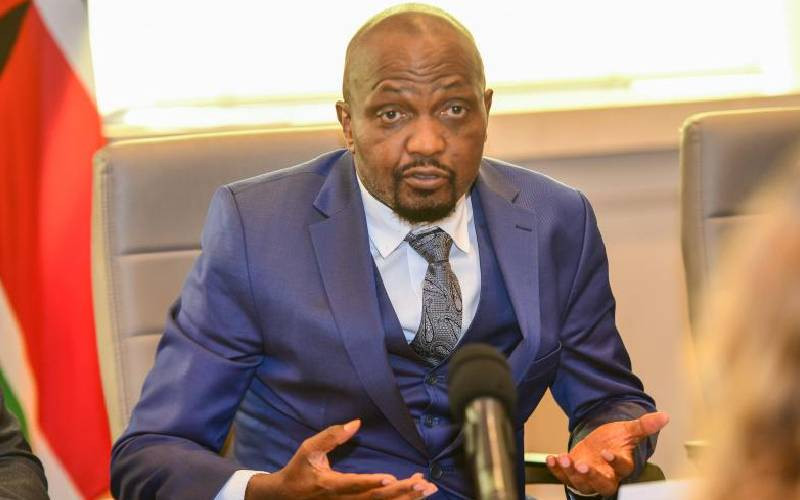×
The Standard e-Paper
Stay Informed, Even Offline

Trade CS Moses Kuria said he would consult even the devil if that is what it will take to revive the economy. The devil is here. Every government since independence has framed its 'economic reforms'.
Yet, the economy remains tied to life-support of debt, peasantry agriculture and largely the informal sector. Income inequality, poverty, and unemployment remain major defining features of our economy.